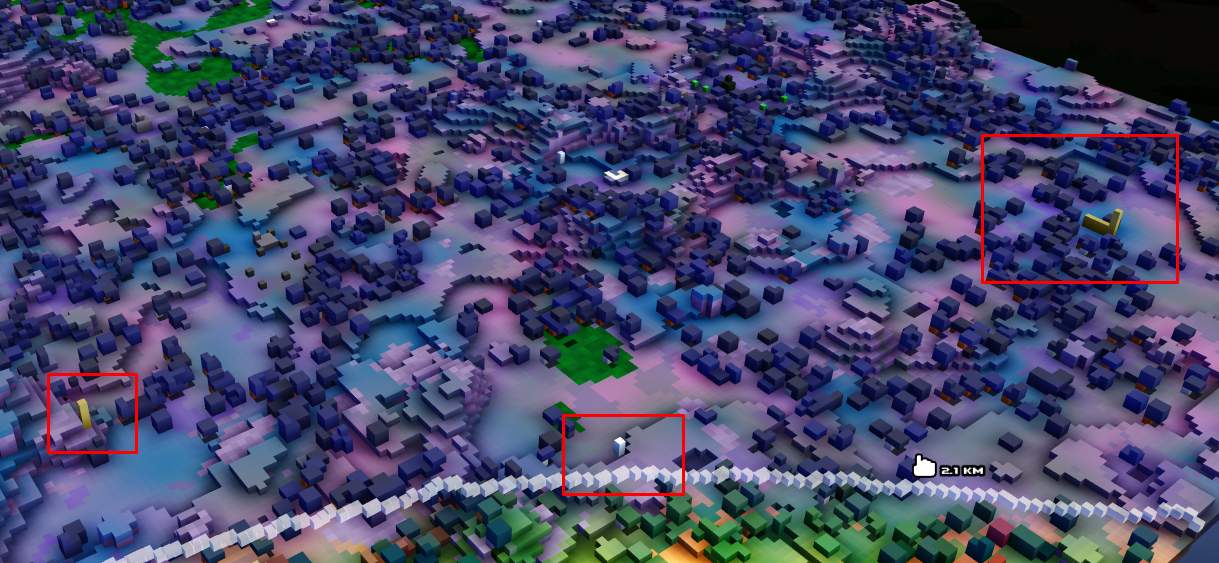

During the film, Ricky became a victim of the streets and all of the hope for his entire family died with him. His brother Ricky (Morris Chestnut) was the prized son because of his athletic ability and likeliness to go to the NFL. Doughboy (Ice Cube) was a prime example of a young man who received no support and encouragement, which led to a troubled life. Without the unlocked preogressive thinking that was instilled in Tre by his father, he would have succumbed to the violent hopeless ways of the streets in LA. The character Tre (Cuba Gooding) had the benefit of receiving mentorship from his father, Furious Styles (Lawrence Fishburne), which led to his progression.

It showed the lack of opportunity, which ate away at all ambition and desires to progress and thrive. The black community portrayed in the film represents the nihilism that Dr. She also did not like the fact that you didn’t know what the mother’s role was: was she a single working mother? Was she on welfare? Again, the film was used to authentically represent the realities of the troubled black community. She felt that there were only two types of black women in the film, either “whores” or “good girls”. Wallace was disturbed by the portrayal of the “black woman” in the film. The situations support this feeling and it goes unnoticed by many nonblack people. One gentleman even goes on to express how he feels that police have an agenda against black people. “Friendly Fire: Making of an Urban Legend” focused on the police and community relationship and how terrible it was. A lot of people who knew and know nothing about the black community don’t realize the extent at which it affects the black community. Police Brutality was and still is a very big issue in black America. Wallace adds that the film could have been a response to the violent beating of Rodney King and the alarming rates black male homicide. These situations were very common and a reality for many blacks. John Singleton did not make up the situations in the film.

The purpose of the film was to educate the world by giving a close up authentic look of what goes on in black communities. Wallace focused on every bit of negative portrayal in the film. Singleton and company had defied the odds, you could say! The premiere success in France led to immediate critical acclaim in the United States. The film received tremendous support and acclaim from its premiere at Cannes. Ice Cube himself expected black people to revere the film, but definitely not Hollywood or any other major film industries. Not all of the cast had been fully engulfed into the hostile nature of LA, so they didn’t fully identify with what was going on in the black community there specifically, but they all could identify with the struggles of Black America in general.īoyz N Da Hood was incredibly well received despite the low expectations of the parties involved in the film. They all were relatively new in the film industry and felt blessed to be apart of the project. It seems that none of them knew the magnitude that which the film would reach. all spoke about their individual experiences and mindsets during the creation of this legendary art. John Singleton, Nia Long, Cuba Gooding Jr, Ice Cube, Morris Chestnut, Lawrence Fishburne etc. I watched “Friendly Fire: Making of an Urban Legend” and “Untold Story of Boyz N Da Hood” before reading Wallace’s critique and the views of the “Boyz N Da Hood” were flipped drastically. She focused on the negative aspects of the film and what it represented and completely missed the entire point of the film. Michelle Wallace’s analysis and critique of the film, “Boyz N Da Hood”, is disappointing in ways, in my opinion.


 0 kommentar(er)
0 kommentar(er)
